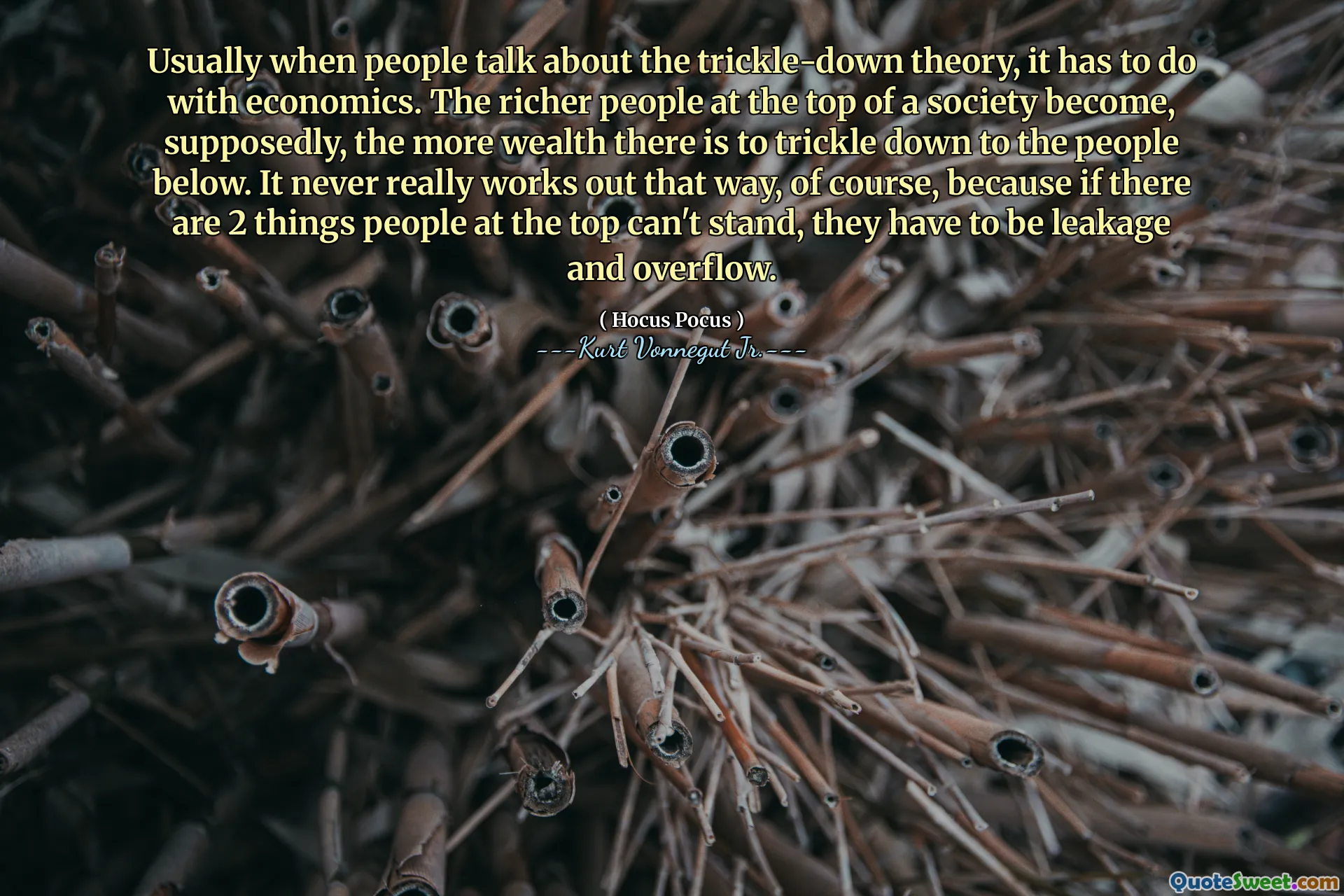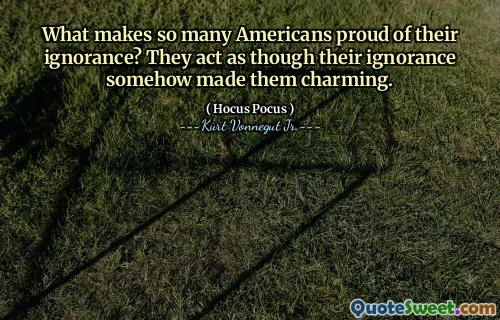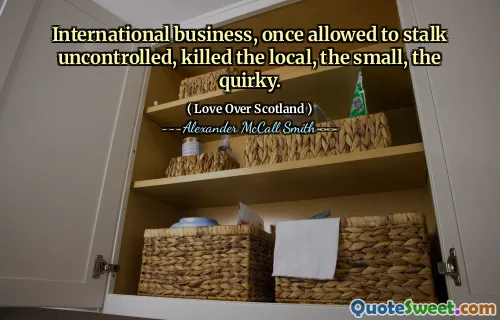
Usually when people talk about the trickle-down theory, it has to do with economics. The richer people at the top of a society become, supposedly, the more wealth there is to trickle down to the people below. It never really works out that way, of course, because if there are 2 things people at the top can't stand, they have to be leakage and overflow.
This quote offers a sharply critical perspective on the trickle-down theory, a concept in economics suggesting that benefits for the wealthy will eventually 'trickle down' to everyone else in society. The skepticism expressed here resonates deeply with many real-world observations where wealth accumulation by the rich fails to result in proportional benefits for the broader population. The metaphor of 'leakage and overflow' effectively captures the reluctance of those at the top to allow any excess or unaccounted flow of resources, which in practical terms means hoarding of wealth instead of redistribution. This quote encourages us to question popular economic narratives that favor concentration of wealth under the guise of eventual collective prosperity. It highlights the structural challenges within capitalism and the socio-political dynamics that prevent equitable distribution. The analysis is not just about economics but also power—the power to control resources and the unwillingness to share. Embedded within the quote is a call to rethink economic assumptions and policies that hinge on the assumption of benevolence or trickling benefits. Through Vonnegut's lens, this reflection turns into a critique of how economic theories can become detached from social realities, emphasizing the need for more grounded and fair approaches to wealth and inequality. Given that the quote is from '( Hocus Pocus )' by Kurt Vonnegut Jr., it also finds its place in literature that critically examines human behavior and societal norms with both cynicism and wit.





